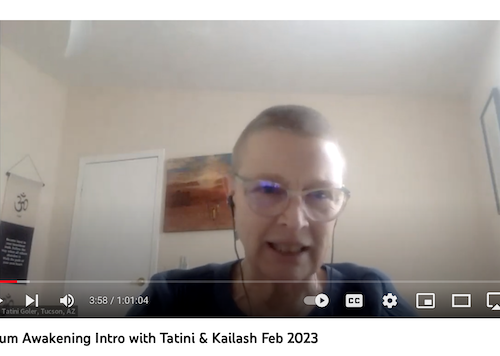Hidden Agendas: The Shadow Side of Activism
WHAT IS THE SHADOW?
Shadow is a term psychologist Carl Jung used to describe the unconscious dimension of our psyche which our conscious self – our ego – denies or is unable to access.
Hidden in our shadow are aspects of ourselves that were unacceptable as a child, and which we dissociated from in order to survive and navigate our early relationships. Our shadow can include specific emotions (e.g. sadness), personality traits (e.g. boisterous), and capacities (e.g. creativity). It can also include feelings/beliefs about ourselves (e.g. “I’m essentially bad”), and of the world (e.g. “Bad things will happen at any moment”).
Also found in our personal shadow are cultural influences. For example, in a society that overtly values strength and independence, the unacceptable qualities of vulnerability and dependence tend to be hidden away within us.
WHAT DOES SHADOW DO?
Because the shadow allows us to survive and function within our family and culture, it’s really important not to demonize or pathologize it! It is healthy, intelligent, and functional to split off from things that are overwhelming and painful when we’re young. And, everyone has a shadow, it’s human!
However, despite the benefits of dissociating from painful feelings and beliefs, shadow material tends to bypass our rational mind and play out in our lives in painful, symptomatic and often vivid ways.
We’re generally not aware of our own shadow but other people can see elements of it, just as we can see elements of theirs!
For example, someone who keeps choosing abusive partners over and over, or a person who strives for ever higher achievement and success at the expense of others. In activism, we’ve all seen plenty of angry people bullying others “in the name of doing good.” In these examples, we can sense how unconscious – shadow – motivations deeply drive their actions.
If we are to become more effective and responsive to the world, then shadow work is critical!
HOW CAN WE WORK WITH OUR SHADOW?
As we get older, repressing parts of ourselves stops working as protection and starts feeling more like a prison. Also, it can become increasingly impossible to deny the negative impact our shadow has on oneself and others, even when we have good intentions!
Luckily, there are many ways we can become conscious of the deeper motivations that color our actions.
View my video, below, where we
- explore the three levels of shadow,
- engage two basic practices to recognize and integrate unconscious aspects of ourselves, and
- identify three keys for cultivating an awakened activism.
Enjoy!

